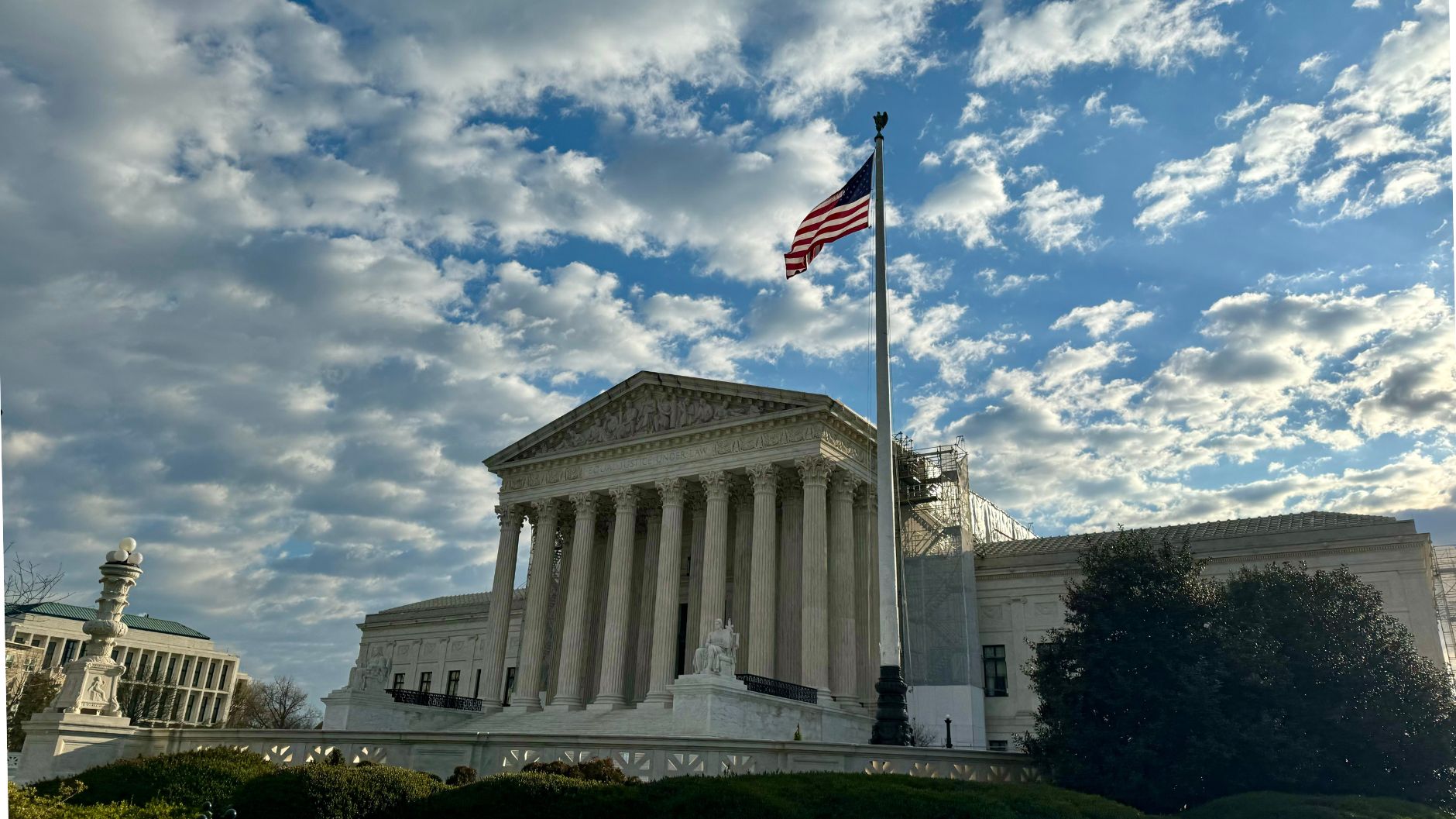WASHINGTON (CN) — The Supreme Court appeared divided Monday over whether the government should be responsible for covering more health care costs for Native American tribes.
The Department of Health and Human Services wants the court to reverse two lower court rulings that held the tribes were entitled to money for the costs of implementing their health care programs. The department claims Congress didn’t intend for tribes to receive additional funds. Still, many justices were concerned that the government was short-changing the tribes out of money they desperately need.
“It’s not as if all of this money is bringing us to a luxury health care spa,” said Justice Sonia Sotomayor, a Barack Obama appointee. “It’s actually bringing us to a fairly minimal level of health care for tribal members."
Sotomayor noted that tribal health care represents about one-third of what is spent by the average American.
Chief Justice John Roberts, a George W. Bush appointee, said the government’s position would give the tribes less money if they used the Indian Self-Determination and Education Assistance Act, which allows tribes to operate federal programs otherwise run by the government.
“Under your approach, a tribe is worse off the more they undertake in the direction of self-determination,” Roberts said. “In terms of funding, they are undertaking more health care responsibilities and getting a smaller percentage of the money back from the government.”
The Northern Arapaho Tribe and the San Carlos Apache Tribe entered into contracts with the Indian Health Service — which would normally oversee tribal health care. IHS pays the tribes to carry out duties it would normally oversee.
These funds include most of the overhead and administrative costs that the tribes incur. However, the tribes also have to collect program income from Medicaid, Medicare and private insurers. The support costs associated with this work are not reimbursed by the government.
The Northern Arapaho Tribe said it is contractually obligated to collect income from these insurers so the government should have to cover the costs to do so. The tribe said it wouldn't face these fees under IHS oversight.
“If IHS isn’t paying, nor should the tribe,” said Adam Unikowsky, an attorney with Jenner & Block representing the tribe.
The San Carlos Tribe assured the justices that the refund for these costs must be used according to the guidelines in the contract. Lloyd Miller, an attorney with Sonosky Chambers representing the tribe, said it needed funds for its emergency services. Miller said the money owed to the tribe would go towards hiring more emergency crews and updating vehicles.
Some justices expressed concern that ruling in the tribes’ favor would leave the government with hefty costs. Justice Samuel Alito, a George W. Bush appointee, worried the case would be “a mastodon in an ant hole,” citing the government’s estimate that repaying the tribes could cost $12 billion.
The tribes and some of Alito’s colleagues questioned that figure, arguing that the government was making up that number. The Northern Arapaho Tribe said it was seeking $1.5 million from the government while the San Carlos Tribe was asking for $3 million.
Justice Brett Kavanaugh, a Donald Trump appointee, was similarly concerned about the costs of the court’s ruling. He questioned who would pay for the potentially costly decision but added, “I’m not looking at this with any fiscal responsibility canon.”
Sotomayor said some of her colleagues might see the case as picking between two sides but this case was about reading the statute before them.
“I know some of my colleagues believe we shouldn’t be making choices of who to favor in interpretive principles, but it’s not us making that choice,” Sotomayor said. “It’s the statute making that choice.”
The justices will issue a ruling by the end of June.
Subscribe to Closing Arguments
Sign up for new weekly newsletter Closing Arguments to get the latest about ongoing trials, major litigation and hot cases and rulings in courthouses around the U.S. and the world.









